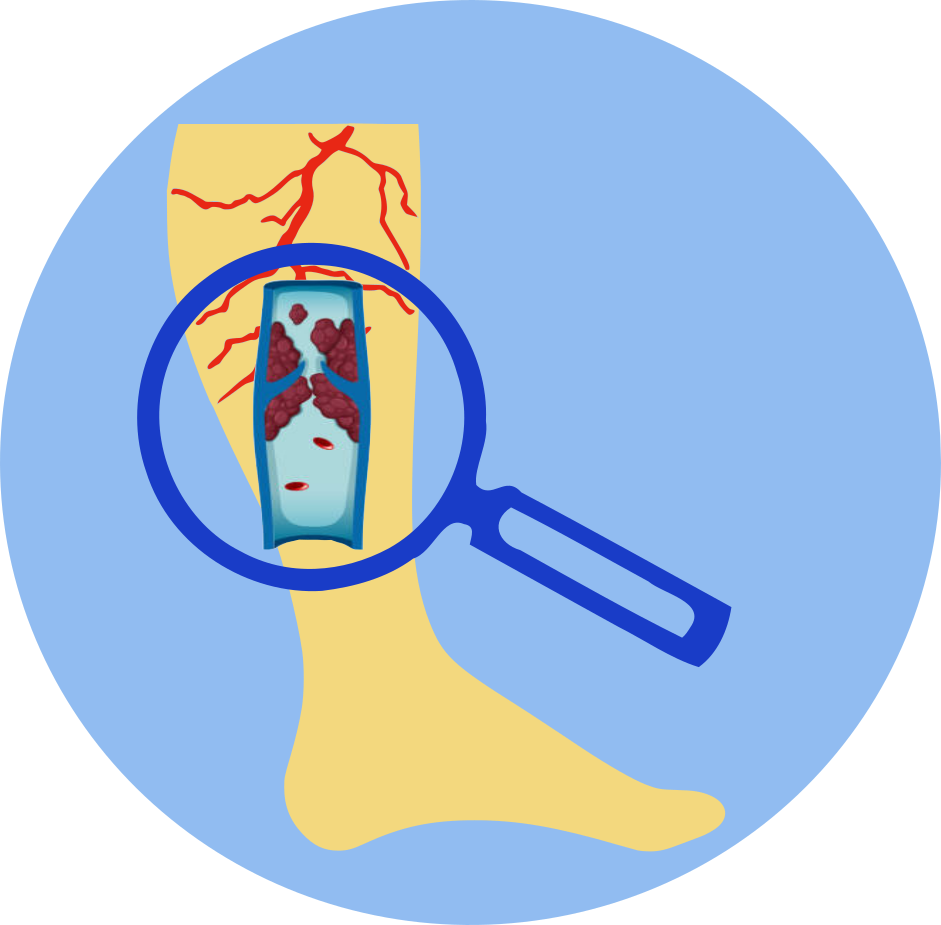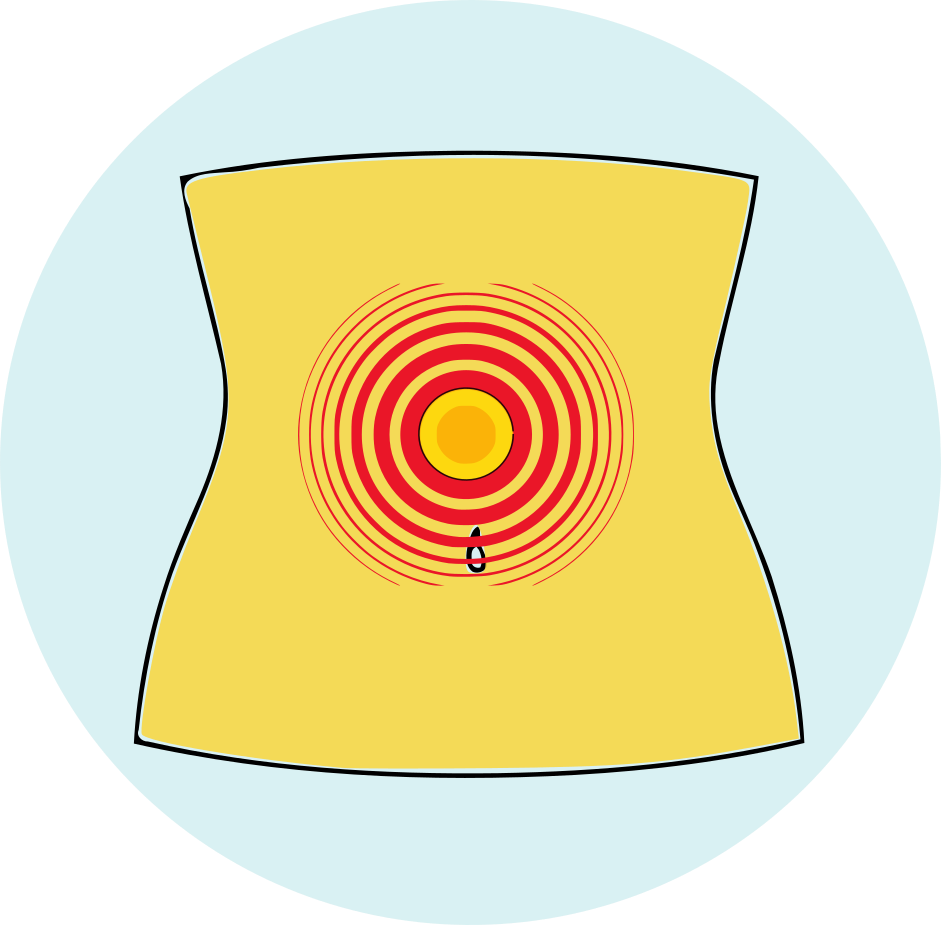| Name | Pentoxifylline |
| Classes |
Coagulation Modifier Haematological Agent Antihemorrhagic / Hemostatic Agent |
| Diseases |
Blood Disorder Cramp Numbness Pain Weakness in Arm and Leg |
Pentoxifylline
Pentoxifylline is a xanthine derivative and a hemorheologic agent that increases blood flow through the microcirculation by decreasing blood viscosity and increasing erythrocyte flexibility. It is classified as a vasodilator and an anti-inflammatory drug.
- Pentoxifylline is indicated for the treatment of peripheral vascular diseases, such as intermittent claudication, chronic occlusive arterial disease of the lower extremities, and Raynaud's phenomenon.
- Pentoxifylline can improve function and symptoms but is not intended to replace more definitive therapy, such as surgical bypass, or removal of arterial obstructions when treating peripheral vascular disease.
- The recommended dosage of Pentoxifylline varies depending on the indication and the age of the patient.
- For the treatment of peripheral vascular diseases, the usual dose is 400 mg three times a day after meals for adults.
- For the prevention of stroke in patients with a history of transient ischemic attack, the usual dose is 400 mg three times a day.
- The dose for children should be determined by a healthcare provider.
- The most common adverse reactions of Pentoxifylline are gastrointestinal disturbances, such as nausea, vomiting, and abdominal discomfort.
- Other common adverse reactions include dizziness, headache, flushing, and palpitations.
- Less common adverse reactions include hypotension, tachycardia, and allergic reactions such as skin rash and urticaria.
- Pentoxifylline should be used with caution in patients with bleeding disorders, such as hemophilia or thrombocytopenia, as it may increase the risk of bleeding.
- Patients with severe hepatic or renal impairment should also use Pentoxifylline with caution, as it may increase the risk of adverse effects.
- Pentoxifylline may interact with other drugs, such as anticoagulants and antiplatelet agents, and may increase the risk of bleeding.
- Patients with a history of heart disease or arrhythmias should be monitored carefully when using Pentoxifylline.
- The safety and efficacy of Pentoxifylline in pregnant and lactating women have not been established, and it should be used with caution in these populations.
Contraindication
Pentoxifylline is contraindicated in patients with a known hypersensitivity to the drug or to any of its components.
None known.
Pentoxifylline is also contraindicated in patients with recent cerebral and/or retinal hemorrhage, severe bleeding disorders, and acute myocardial infarction.
 Bangla
Bangla English
English








